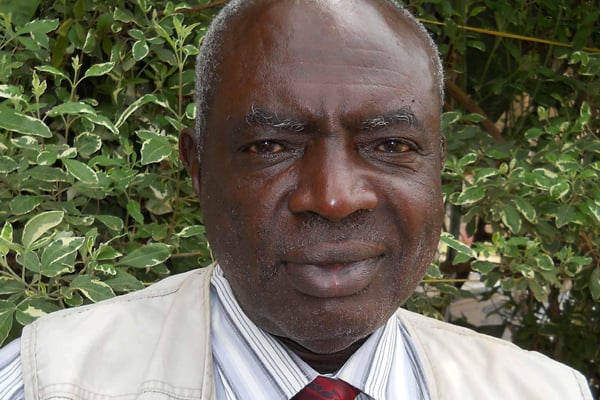Prime
Lessons from the on-going drought

Author, Michael J. Ssali. PHOTO/FILE
What you need to know:
Climate change is a wide topic and it is not a problem that African countries can be blamed for
For perhaps three or four months there has not been sufficient rain for crops to grow well in most parts of the country. Without a good amount of rain it is difficult for successful growth of vegetation and crops.
Shortage of pasture and water for livestock often forces farmers to sell off their animals and birds at giveaway prices. The prices of food commodities tend to rise when their production is low.
According to the Food and Agriculture Organisation (FAO 2016) fluctuations in climate patterns have a negative impact on crop production globally with further effects on hikes in commodity prices as a result of climate extremes in key producing regions.
The long drought we are going through nowadays can be described as a climate extreme. Most people who harvested and stored rainwater have empty tanks now. Many natural water streams are dwindling. Where large sources of water exist, majority of our farmers cannot afford to pump water to their farms.
The harvests for food crops such as beans, maize, and groundnuts were poor because the rains suddenly stopped in mid-May this year. Flowering and fruition of Robusta coffee did not go well due to failed rains.
Planting of beans and maize as well as other annual crops has delayed and very little ground preparation is going on because the ground is still too hard for the ordinary farmer using a simple hand hoe.
Climate change is a wide topic and it is not a problem that African countries can be blamed for. However as small scale farmers in Africa there are a few things we can do to mitigate Climate change.
One of the measures is preserving our natural environment --- planting more trees, protecting forests and wetlands, and prudent disposal of garbage, especially plastics.
Our policy makers should encourage the adoption of scientific innovations in farming.
Climate change has caused the eruption of new incurable crop diseases that can however be overcome by biotechnological approaches.
Our leaders should respect and embrace agricultural research findings.
Through modern biotechnology, some crop varieties have been bred to be quick maturing, high yielding, and drought tolerant and disease resistant.
Mr Michael Ssali is a veteran journalist,




